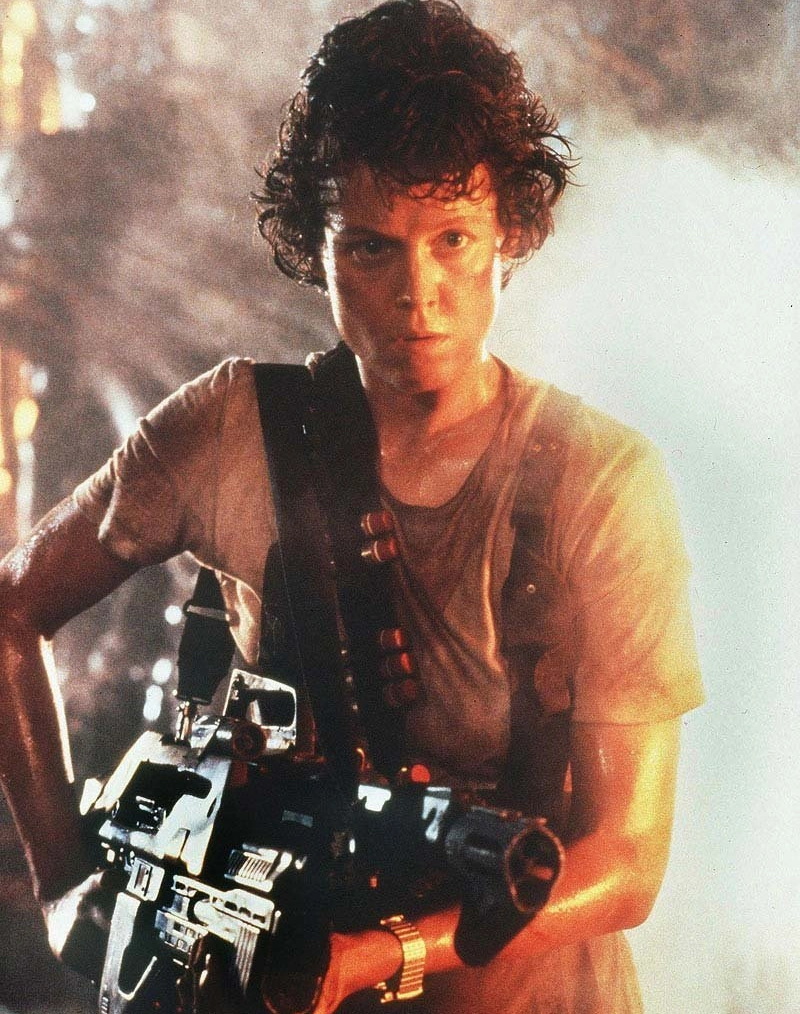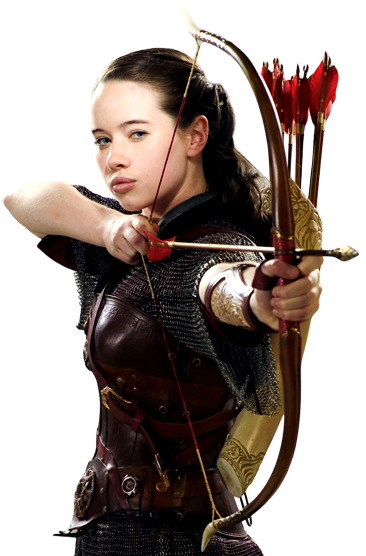
Happy New Decade, True Believers!
Between grad school, my podcast, and writing, it’s been a challenge to blog consistently. I’m still endeavoring to amend that. Regardless, I’d be remiss if I didn’t talk about a certain little movie called Star Wars: The Rise of Skywalker. Perhaps you’ve heard of it? This won’t be a review, though.
I was one of the fifty percent of Star Wars fans who liked The Last Jedi. I wrote a blog refuting some of the often outrageous criticisms the film received. Little did I know that the movie would shatter the fandom.
Again.
Except this time it was like an atomic bomb.
The people who hated The Last Jedi hated it with the burning passion of a Sith. Anyone who dared like it or defend it was declared a “filthy casual.” I’ve written on the cult-like nature of the “hardcore fans,” so I won’t rehash it here, but suffice it to say, it seems Disney and J.J. Abrams listened to those angry fans, and because the studio likes money, those complaints influenced some creative decisions. As a result, Rise of Skywalker’s score on the (infamous) Rotten Tomatoes is the opposite of The Last Jedi: critics are lukewarm while users are praising it.
Did I hate it? No, I didn’t. I was thrilled seeing it the first time despite some concerns it would retcon The Last Jedi, but after seeing it a second time, the luster has faded. It has its problems, for sure, and while I don’t think it undoes The Last Jedi, I can see what Abrams and Disney did to placate the Star Wars mob.
(WARNING: SPOILERS AHEAD!)
Emperor Mastermind: Palpatine did it. Yep. He was behind the First Order. He created Snoke in a vat and used him as a puppet ruler, I guess. Most likely he used the same technology to keep himself alive by cloning bodies. Maybe. It’s more implied than explained. As has been common with this trilogy, this is similar to the original Expanded Universe (now Legends), wherein the Emperor transferred his soul into cloned bodies using the Force. The problem is, while I knew going in that Palpatine would be back, he appears within five minutes instead of building toward the reveal. Giving that time to develop would’ve helped to make his involvement more natural. As it stands, he seems to come out of nowhere despite the opening crawl telling the audience his voice was heard a year before. It could be argued his inclusion was an appeal to nostalgia.
Rey (Skywalker): I said before that I liked that Rey’s parents were nobodies. Rise doesn’t walk that back, per se, but it clumsily qualifies it. They chose to be nobodies. Rey’s father was Palpatine’s son (which raises a slew of questions about what woman would be crazy enough to have his child), and they hid Rey to protect her from the Emperor. While it isn’t one of the theories many fans espoused—like that she was Luke’s daughter, Han and Leia’s daughter, or Obi-Wan Kenobi’s granddaughter—it could still be argued that it plays into the old attitude that one must have a special lineage to be special. Admittedly, the same could be said of Anakin Skywalker and Luke Skywalker, who were a slave and a farmboy, respectively, and learned later of their special heritage. This trope is also used in other fantasy stories. That being said, it almost seems like a concession to fans who didn’t want to accept the fact that their theories about her parentage were wrong, and that the Force chose her and empowered her. It sounds a bit elitist, honestly, for them to think only certain families can use the Force. If anything, this may have been done in response to the criticisms that Rey is a Mary Sue (which I will admit is a bit difficult to refute). However, it does work as a character arc for Rey because she is trying to form her own identity throughout the Sequel Trilogy, so I’ll give Abrams and company credit for that.
Rose Tico: This character was sidelined in this story. Maybe the filmmakers weren’t sure what to do with her (although I heard one YouTuber suggest that she should’ve become an ambassador for the Resistance), but on the surface it seems like they gave her the Jar-Jar Binks treatment by keeping her out of most of the movie. Many in the fandom branded her the face of The Last Jedi, calling the character a “diversity hire,” and harassed actress Kelly Marie Tran so much, she deleted all her social media. (This isn’t the first time this has happened: the fandom gave 10-year-old Jake Lloyd, who played Anakin, and Ahmed Best, who played Jar-Jar, the same treatment after The Phantom Menace). I’ve no way of knowing for sure, but again, it sure looks that way.
(SPOILERS END)
These were a few things that came to mind. I may think of others later. It doesn’t ruin the film for me, but honestly, my favorite of this trilogy is still The Last Jedi for its boldness. (You can stone me later). Admittedly, Abrams was in an unenviable position with the end of the previous movie. Maybe he was trying to do the best he could. Much like George Lucas, they made it up as they went. There are famous writers who’ve made careers out of that (like Stephen King), but it does come with its own perils.
Unfortunately, the reactions to this is yet another sign that no one hates Star Wars like Star Wars fans. Any new media in the franchise is automatically divisive.
(Unless it’s The Mandalorian, for whatever reason. I guess Baby Yoda fixes everything).
I get it: it’s Star Wars. It’s a big deal to many people. Some even say it’s modern mythology, and by messing with it, it’s doing harm to the culture psyche. But perhaps we’ve elevated this franchise a bit too high. It really is to the point of being a religion. Given that ancient mythologies were originally religious tales, that’s not surprising. Perhaps this is a sign that people need to find their meaning in something that isn’t controlled by the whims of a corporate entertainment empire. Just sayin’.
What did you think of The Rise of Skywalker? Did it continue the ruination of Star Wars, or is it a case study in people pleasing? Why or why not?








